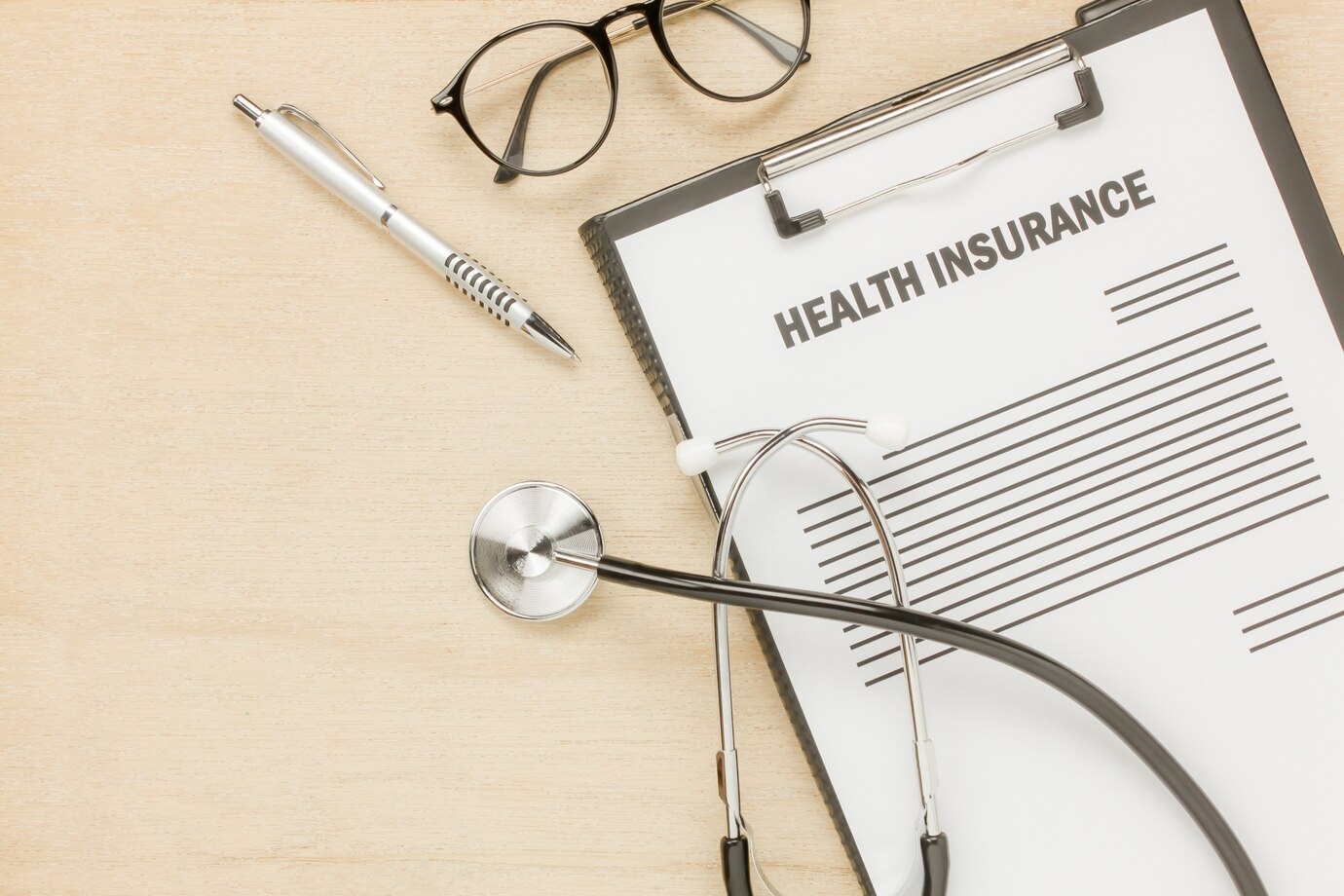
Tax Deductions You Might Be Missing Out On
Millions of taxpayers leave money on the table every year without realising it. Mastering deductions is essential for any business owner, freelancer, or employee. Tapping these little-known gems can help narrow your tax bill and fatten your bank balance.
In this guide, we’ll reveal some of the tax deductions you didn’t know about. Though you can save money, discovering these hidden gems helps you maximise your return, and your savings will thank you afterwards.
Commonly Overlooked Tax Deductions

1. Home Office Deduction
If you work from home, you might qualify for the home office deduction, which allows you to write off some expenses related to your workspace.
Who Qualifies for the Home Office Deduction?
- Self-employed individuals, freelancers, and small business owners who use part of their home exclusively for business purposes.
- Employees who work from home can qualify only if their employer doesn’t cover home office expenses.
Calculating and Claiming Home Office Expenses
There are two ways to calculate the home office deduction:
- Simplified Method: Deduct £5 per square foot of your office space, up to 300 square feet.
- Actual Expense Method: Calculate the percentage of your home used for business and apply that percentage to rent, utilities, internet, and maintenance costs.
Additional Considerations
- Only the portion exclusively used for work is deductible if you use your home for business and personal purposes.
- Keep detailed records, including utility bills, rent or mortgage statements, and expense receipts.
2. Medical Expenses & Health-Related Deductions

Medical expenses can pile up fast. Many taxpayers miss deductible health costs that can reduce their taxable income.
Out-of-Pocket Medical Costs You Can Deduct
You might qualify for a deduction if your medical costs exceed a set percentage of your income. Qualifying expenses include:
- Doctor visits and hospital stays
- Prescription medications
- Dental and vision care
- Medical equipment (hearing aids, wheelchairs, etc.)
- Travel expenses for medical appointments
Using Private Health Insurance Contributions to Reduce Taxable Income
- Health Savings Accounts (HSA): You can deduct contributions from your taxes. Also, withdrawals for qualified medical expenses are tax-free.
- Flexible Spending Accounts (FSA): Money put into an FSA lowers your taxable income. You can use these funds for medical expenses.
- Private Health Insurance: Some policies offer tax relief for self-employed individuals.
3. Education and Professional Development
Investing in your education or career development can provide valuable tax benefits.
Tuition Fees and Student Loan Interest Deduction
- Tuition Fee Tax Relief: You can deduct some tuition fees if you pay for higher education.
- Student Loan Interest Deduction: You can deduct up to £2,500 of student loan interest paid during the year.
Work-Related Training and Certifications
- Courses, workshops, and certifications related to your profession can be tax-deductible.
- Professional membership fees and subscriptions may also qualify.
- Training expenses must be directly related to your current job, not a new career path.
4. Business and Self-Employed Tax Deductions
Self-employed individuals and business owners can take advantage of many tax deductions, which help lower their taxable income.
Business Travel, Meals, and Mileage Deductions
- Business Travel: Flights, hotels, and rental cars for work-related trips can be deducted.
- Meals: A portion of business-related meals can be written off (usually 50%).
- Mileage: You can claim a mileage deduction if you use your personal vehicle for business. The standard HMRC mileage rate applies.
- Client Meetings and Networking Events: Costs for business-related events may be deductible.
Office Supplies, Software, and Internet Costs
- Items such as computers, office furniture, and printers may be deductible.
- Business-related software and internet services can also be written off.
- Subscription services related to your business may qualify as deductions.
5. Charitable Contributions
Giving back to charity doesn’t just help those in need—it can also provide tax benefits.
How to Claim Charitable Donations
- Monetary donations to qualifying non-profits are tax-deductible.
- Keep receipts and records of all donations to ensure eligibility.
- Gift Aid can increase your donation value and provide tax relief.
Understanding Tax Benefits for Non-Cash Contributions
- Donating Goods: You can deduct items like clothing, furniture, and electronics when you give them to charities. The deduction is based on their fair market value.
- Volunteer Expenses: You might deduct some costs, like mileage, if you volunteer for a registered non-profit.
6. Pension Contributions
Contributing to a pension plan can provide valuable tax relief while securing your financial future.
How Pension Contributions Lower Taxable Income
- Workplace Pensions: Contributions to employer pension schemes are often tax-free up to a certain threshold.
- Self-Invested Personal Pensions (SIPPs): Self-employed individuals can contribute and receive tax relief on their pension contributions.
- Annual Allowance: The maximum amount you can contribute to pensions while still receiving tax relief is currently £60,000.
- Carry Forward Rule: Unused pension allowances from the last three tax years can be carried forward.
7. Marriage Allowance
The UK government lets couples share some of their Personal Allowance. This can lower their total tax bill.
Who Qualifies for Marriage Allowance?
- If one spouse earns less than £12,570 and the other pays basic rate tax, the lower-earning spouse can transfer up to £1,260 of their Personal Allowance.
- This can save couples up to £252 in tax annually.
8. Childcare and Family-Related Deductions
Families can benefit from tax relief on childcare costs and other related expenses.
Claiming Childcare Costs
- Tax-Free Childcare Scheme: Parents can receive up to £2,000 per child per year to help cover childcare costs.
- 30 Hours Free Childcare: Available for eligible working parents of 3-4-year-olds in England.
- Child Benefit Tax Relief: If your income is below £50,000, you may be eligible for full Child Benefit payments.
9. Rent-A-Room Scheme
If you rent out a room in your home, you may qualify for tax-free earnings under the Rent-A-Room Scheme.
How the Rent-A-Room Scheme Works
- You can earn up to £7,500 per year tax-free by renting out a furnished room in your home.
- If you earn above this threshold, only the excess amount is subject to tax.
- Lodgers must be using the room as their primary residence.
Maximizing Your Tax Savings: Don’t Miss These Deductions

Claiming tax deductions can save you a lot of money. However, many taxpayers miss these savings because they’re unaware of them. Whether self-employed, a homeowner, a student, or a donor, these deductions can help lower your tax bill. They can also boost your tax benefits.
Review your taxes every year. Talk to a tax professional. They can help you get all the deductions you can.